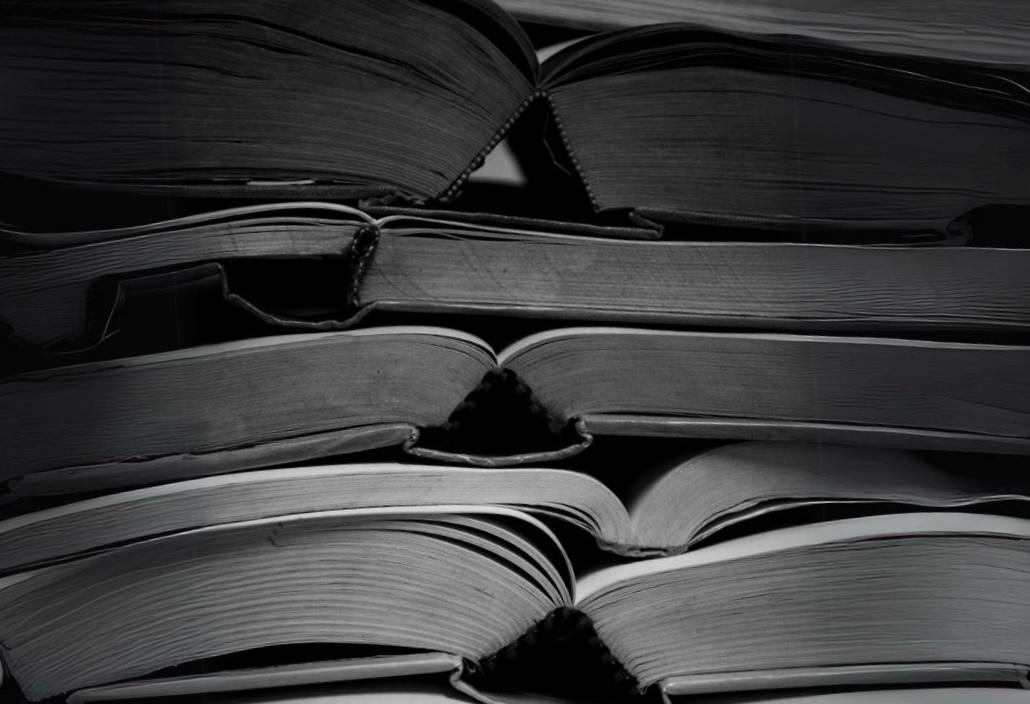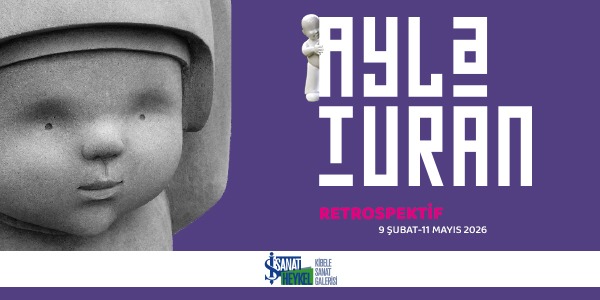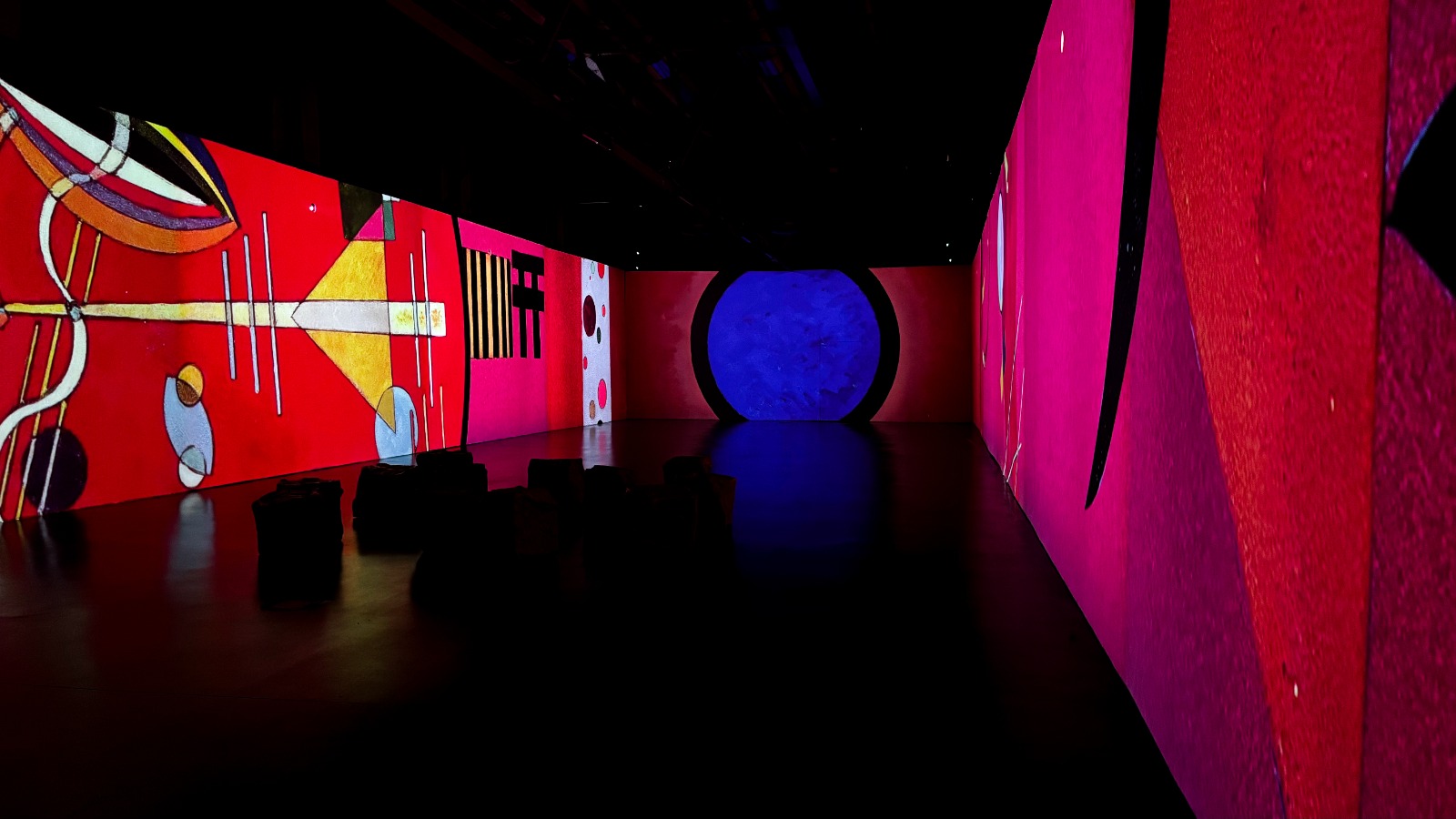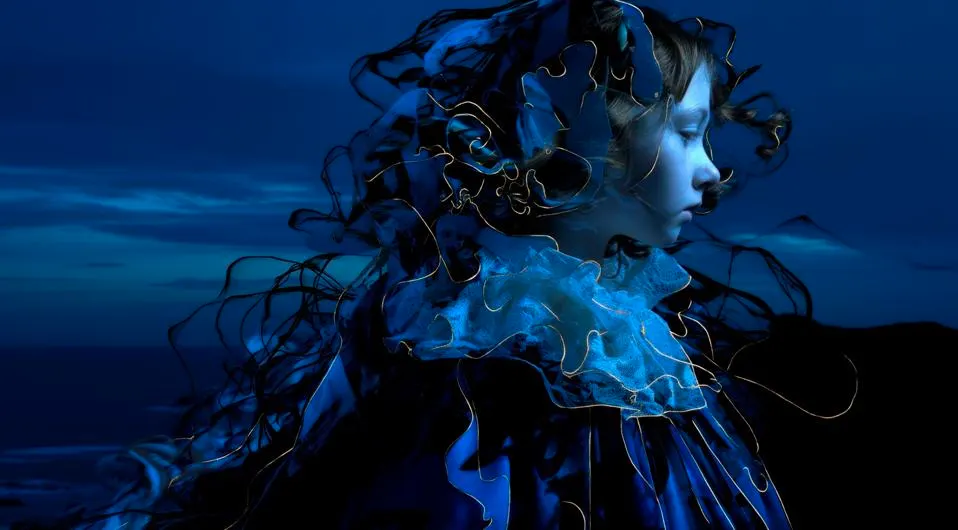A coalition of major U.S. publishers has filed a lawsuit against the state of Idaho, challenging a law that restricts minors’ access to certain books in schools and public libraries.
House Bill 710, enacted in July, prohibits anyone under 18 from accessing books deemed “harmful to minors,” including those depicting “sexual conduct.” The ban affects a wide range of literature, from classic novels like The Bluest Eye by Toni Morrison and The Handmaid’s Tale by Margaret Atwood to popular works such as Game of Thrones by George R.R. Martin. Nonfiction books, including The “What’s Happening to My Body?” Book for Girls by Lynda Madaras, are also restricted.
The lawsuit, filed on Tuesday, includes major publishers—Penguin Random House, Hachette Book Group, HarperCollins, Macmillan, Simon & Schuster, and Sourcebooks—alongside three authors, a public library district, the Authors Guild, a teacher, two students, and two parents. They argue that the law’s vague language threatens intellectual freedom and puts librarians at risk.
This marks the third state-level lawsuit led by publishers against book bans, following similar legal actions in Florida and Iowa. However, Dan Novack, associate general counsel at Penguin Random House, noted that Idaho’s law “goes even further than previous laws by removing classic books from public libraries in addition to schools.”
The lawsuit argues that HB 710’s definition of “harmful” materials is “vague and overbroad,” making it difficult to enforce fairly. The law allows private citizens to file complaints, effectively forcing librarians to anticipate potential objections from any member of the public. Critics say this creates an impossible situation where library staff must decide whether a book might be challenged based on ideological disagreements rather than clear legal standards.









